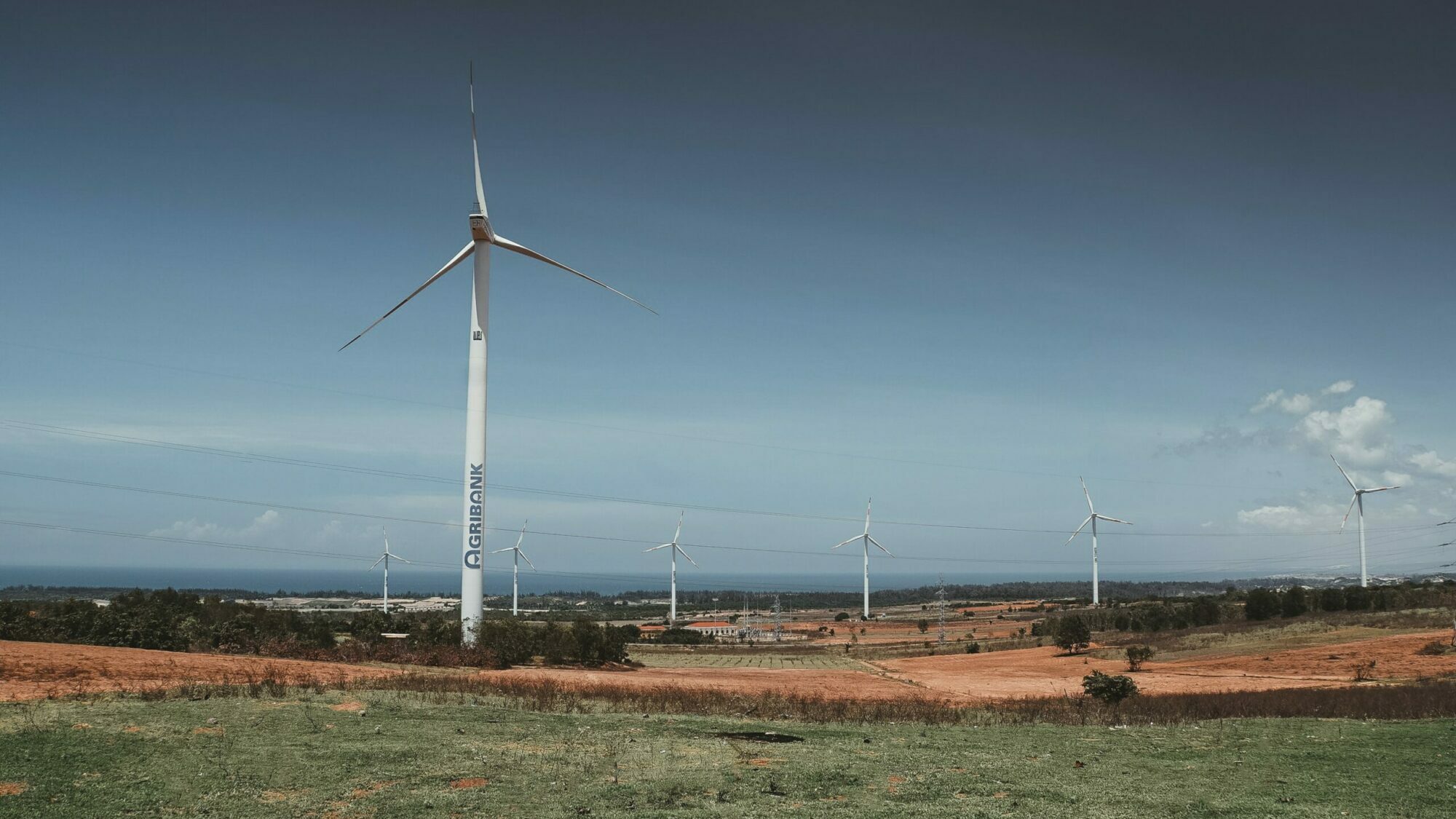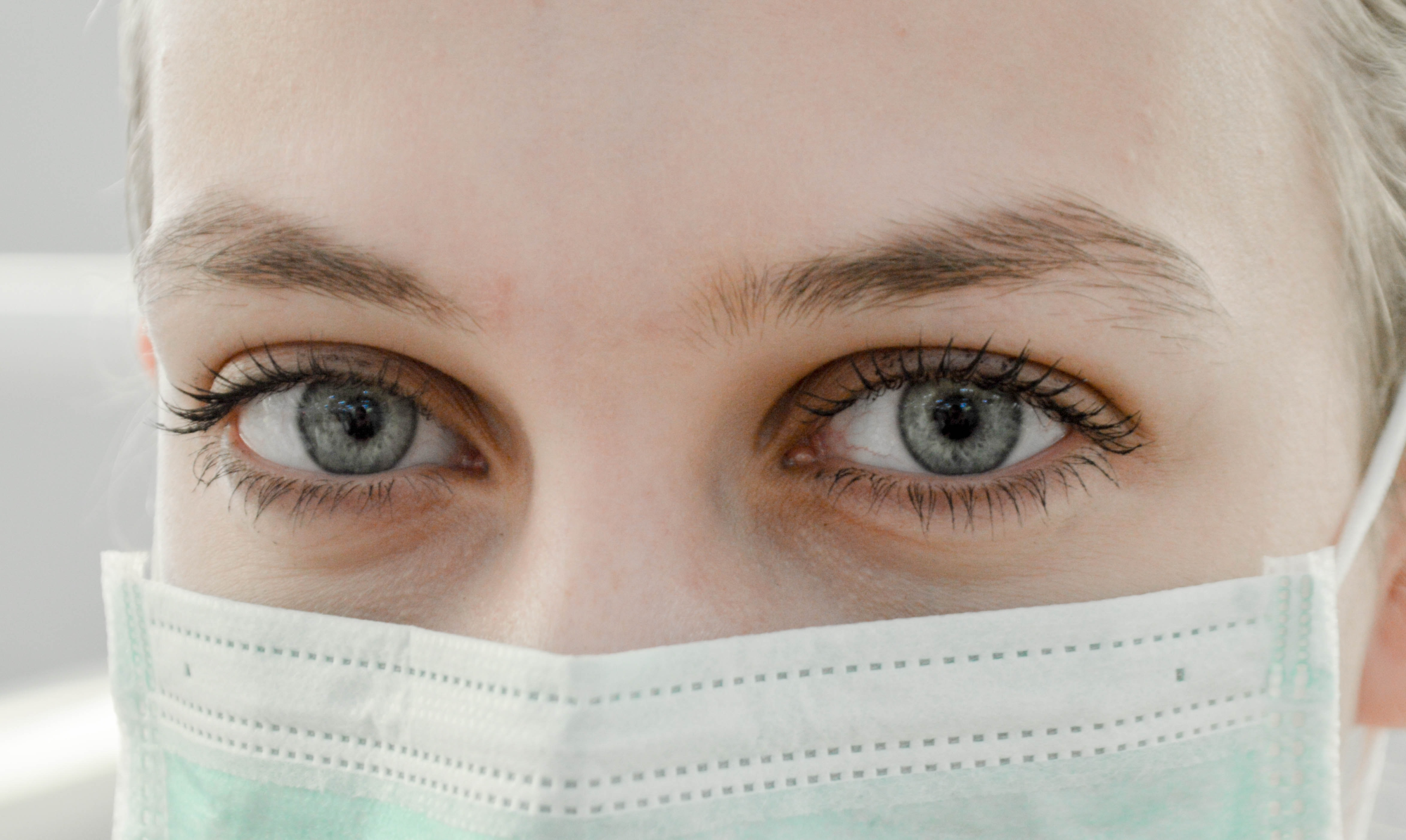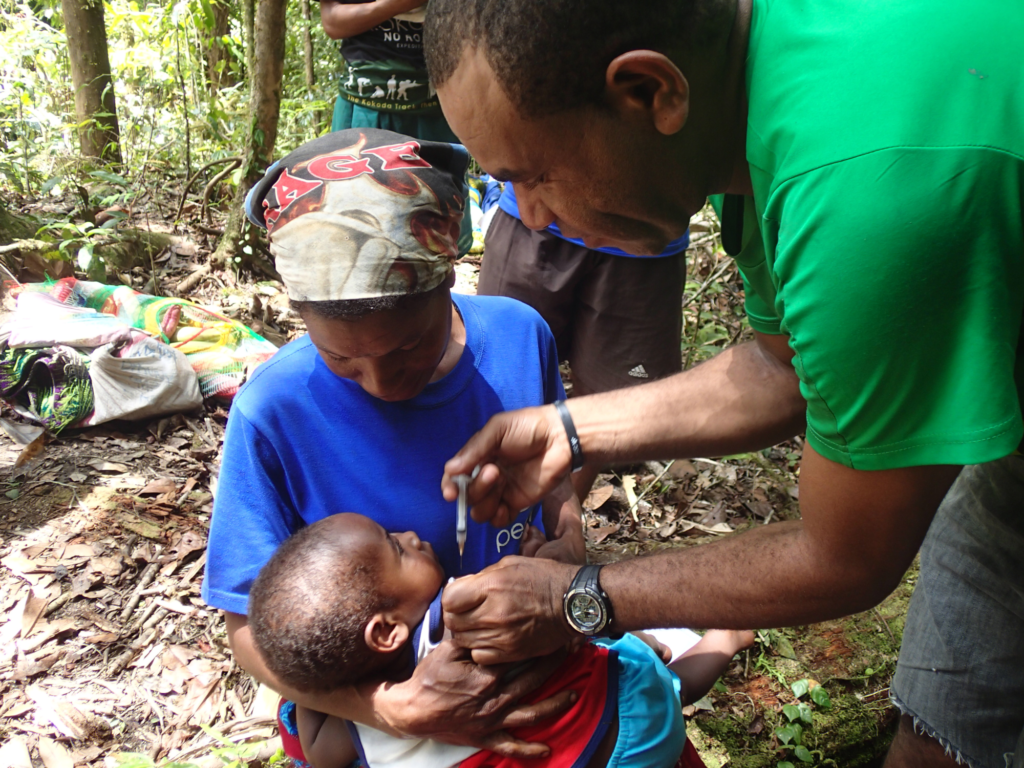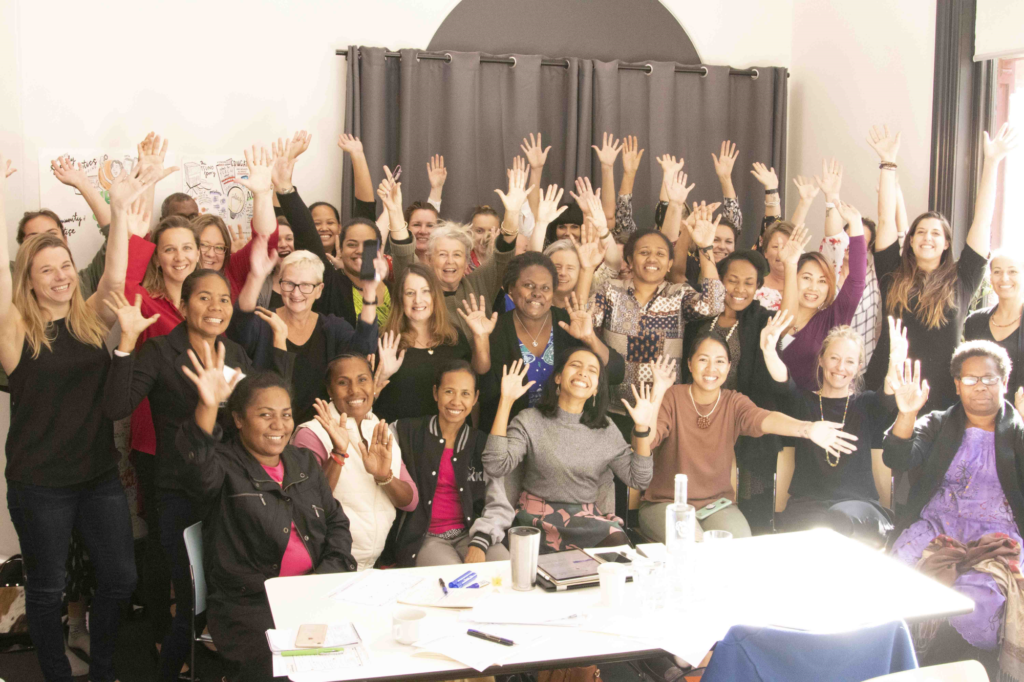

Women are key economic drivers in the Region, contributing to economies across the Pacific in a range of important ways.
The advancement of women’s economic empowerment will be essential to leading a fast recovery from the impact of COVID-19, and to building a more resilient and equitable future for everyone.
To date, COVID-19 has forced many European and Northern American economies to a halt. There is talk of a deep global recession, with significant job losses in the formal sector. Families and communities are already finding it challenging to support basic needs.
In the Pacific, the tourism industry, which is a significant contributor to employment, is already reeling from cancellations.
But with the number of COVID-19 cases still relatively small across the Pacific, and with some countries reporting zero infections, now is the time to act. It is necessary to build resilience now to ensure women can emerge from the impact of COVID-19 as strong business ambassadors.
Currently, in the Pacific men outnumber women 2-1 in formal paid employment (outside the agricultural sector), however, women make up most of the important informal financial sector, earning the income critical to meeting a family’s basic needs.
In Solomon Islands, the annual turnover at the Honiara Central Market is between USD10–16 million, with women responsible for about 90 per cent of activity as both bulk buyers and retailers. In Samoa, 80 per cent of the private sector is comprised of micro businesses, of which women are estimated to lead over 40 per cent.1
Research shows that if women had the same access to credit, markets and technology, the ability to increase returns, particularly in the informal sector, would significantly increase.
From our existing work in the Region there are important lessons learnt about effective ways of achieving this outcome.
Pacific RISE, an innovative pilot of the Australian Government Department of Foreign Affairs and Trade (DFAT), supports finance organisations to use gender analysis alongside financial analysis in the design of financing mechanisms and tools.
The Program’s partners such as Good Return, an Australian not-for-profit, are empowering communities and businesses through increased access to responsible, inclusive financial education and finance. Good Return launched an impact investment program in 2017 – first in Solomon Islands and then in Tonga – supported by Pacific RISE and Pacific Trade Invest Australia.
Good Return works with financial service providers to de-risk loans to businesses, including women’s businesses that may otherwise fall short of accessing commercial capital. The organisation typically does this through building the capacity of a business and providing a loan guarantee – reducing the risk to the financial service provider.
Importantly, Good Return uses a gender lens and conducts gender market assessments to identify sectors where investments are optimal, while working with financial service providers to build awareness and address barriers to access to finance (particularly for women) as well as improve products and services which respond to both women’s and men’s needs.2
Pacific RISE’s partners have also launched new financing facilities such as IIX’s Emergency Financing Facility, a revolving facility providing refundable grants and working capital loans to select high-impact SMEs, creating livelihoods more than 70,000 over the next 5 years. The Facility provides grant capital and concessional loans to SMEs creating a positive social and/or environmental impact in South and Southeast Asia and the Pacific to help them survive through the COVID-19 crisis. All repayments received from enterprises are re-lent to new businesses in need, magnifying the impact of each dollar by x3.
Program’s like Pacific RISE are well placed to support women’s’ businesses to quickly re-establish post COVID-19. Pacific RISE works closely with financial stakeholders to reframe their understanding and consideration of women’s financial needs by integrating a gender lens across investing practices and process and including a strong focus on coaching and mentoring.
As a result, there are now structures and pathways in place that make it possible for financial actors to come into the Region and support women in a more effective way. Lessons from initiatives such as Pacific RISE, can and should be applied as part of an effective COVID-19 response.
Pacific RISE is pilot innovation of the Australian Government Department of Foreign Affairs and Trade (DFAT). Pacific RISE works with a range of partners to design finance mechanisms and tools to increase investment in the Pacific with a gender lens. Pacific RISE partners with Pacific Trade Invest Australia (PTIA), and the Criterion Institute. Managed by Tetra Tech.
1 https://pacificwomen.org/our-work/focus-areas/economic-empowerment/
Authors: Kate Wilson and Amanda Jupp



